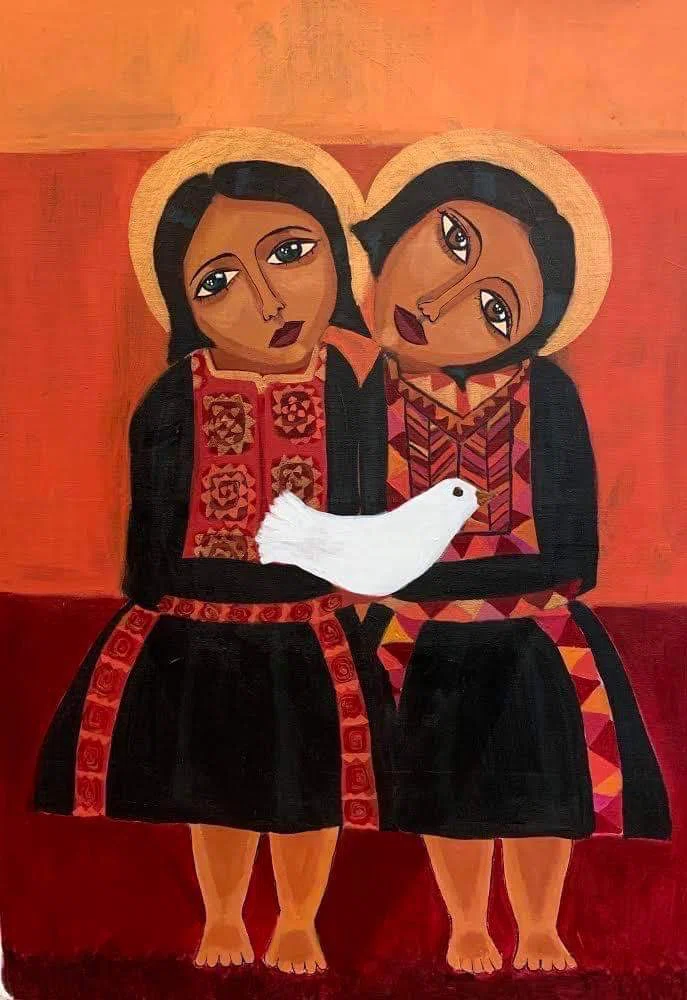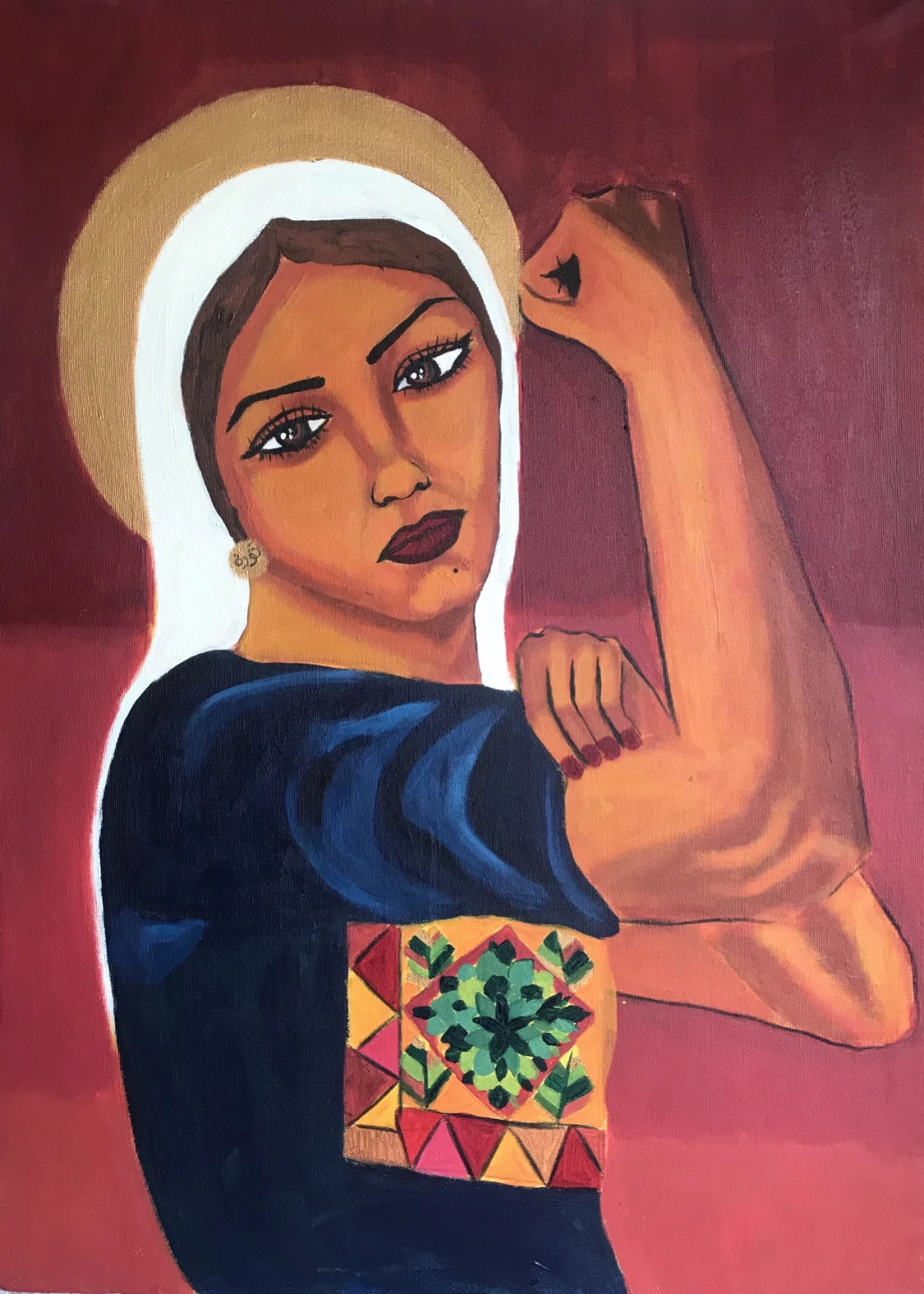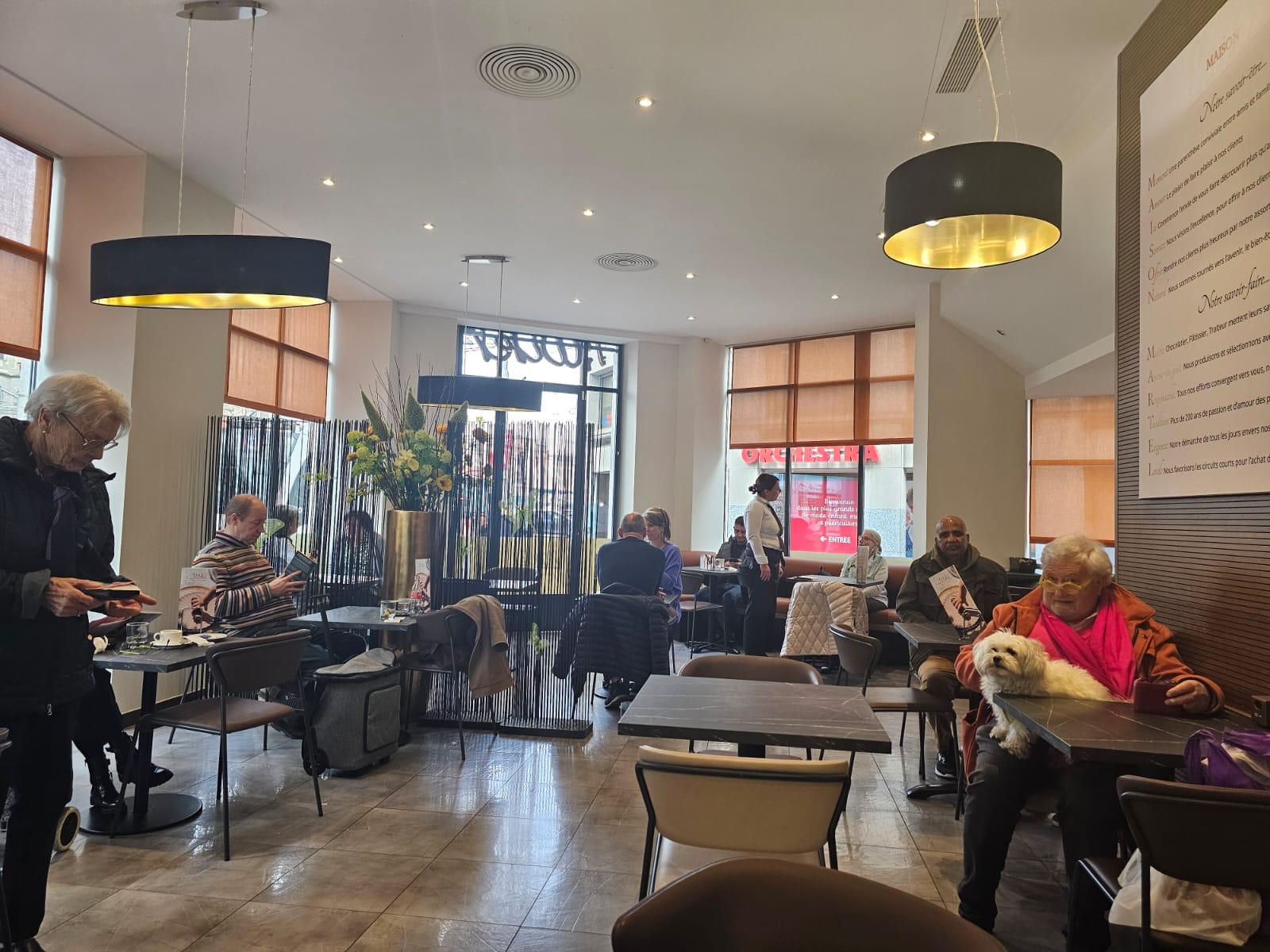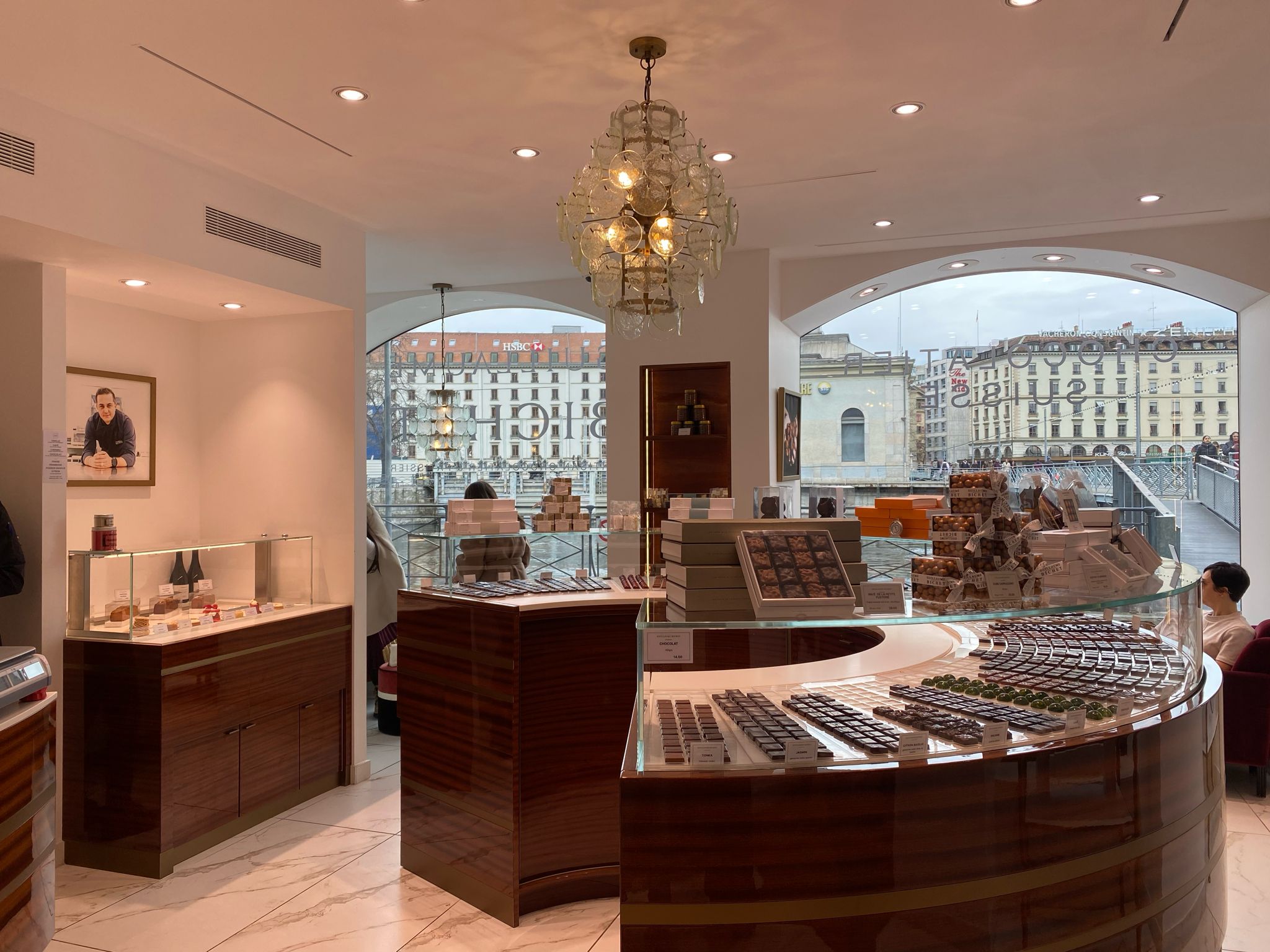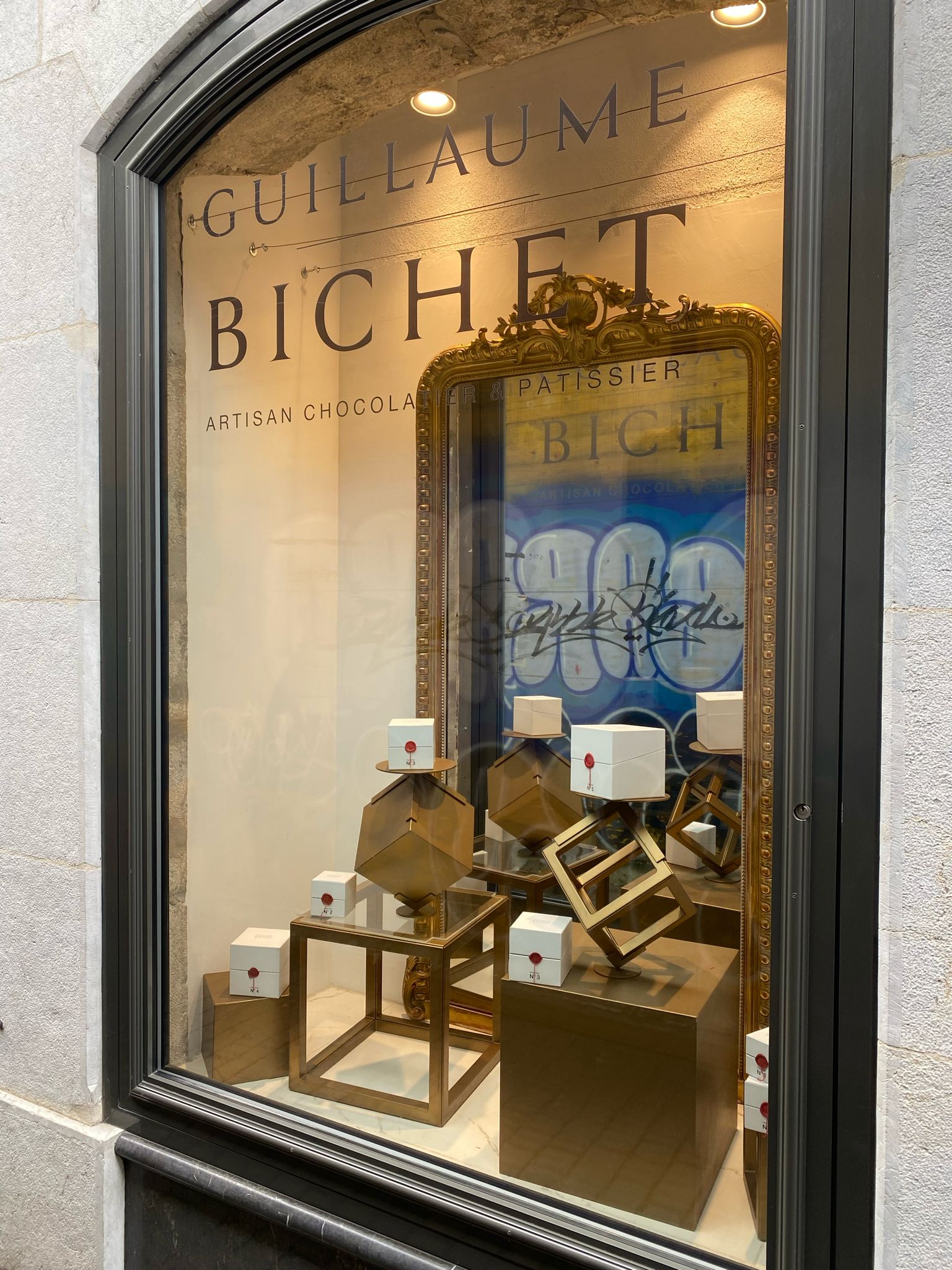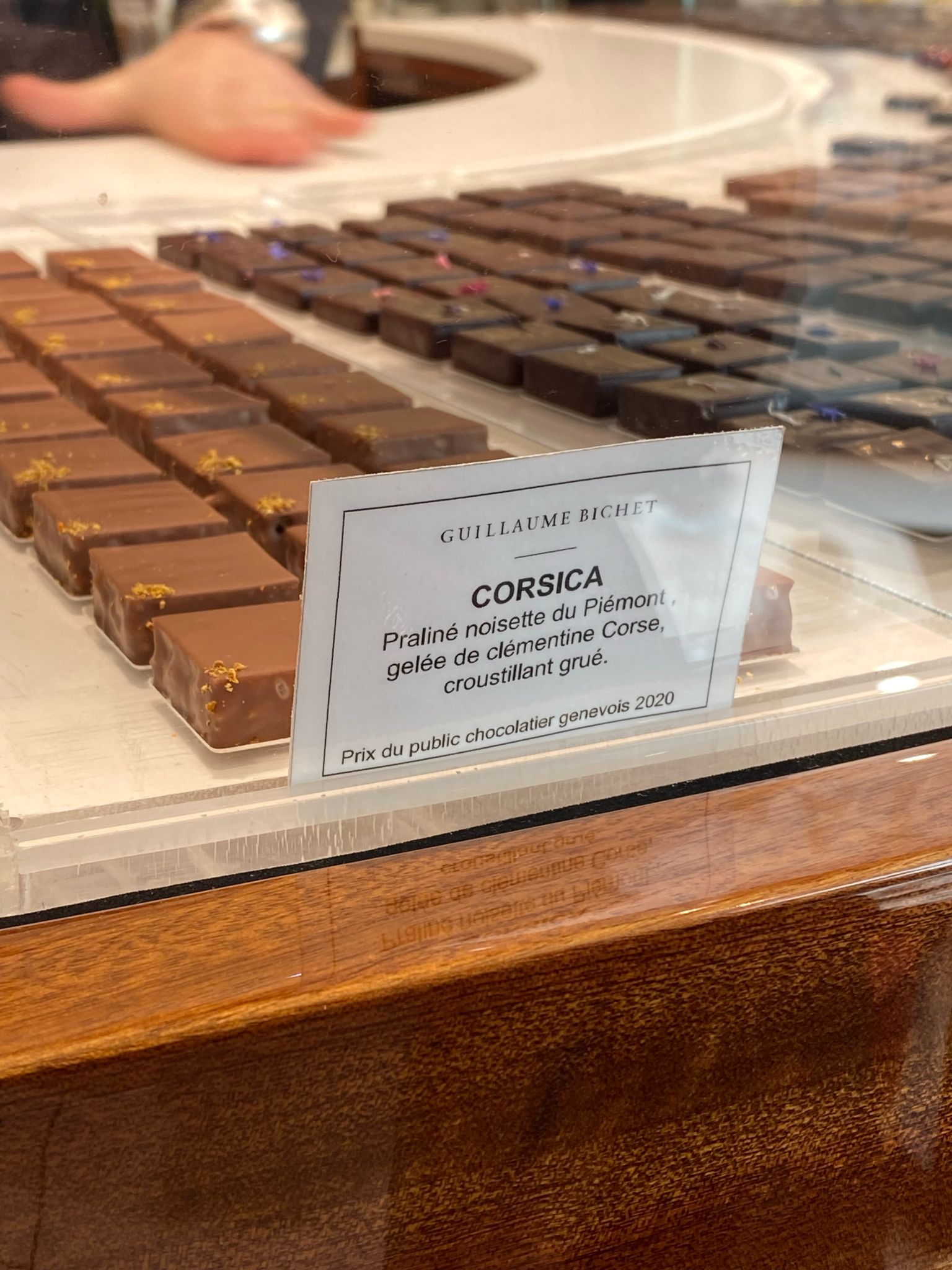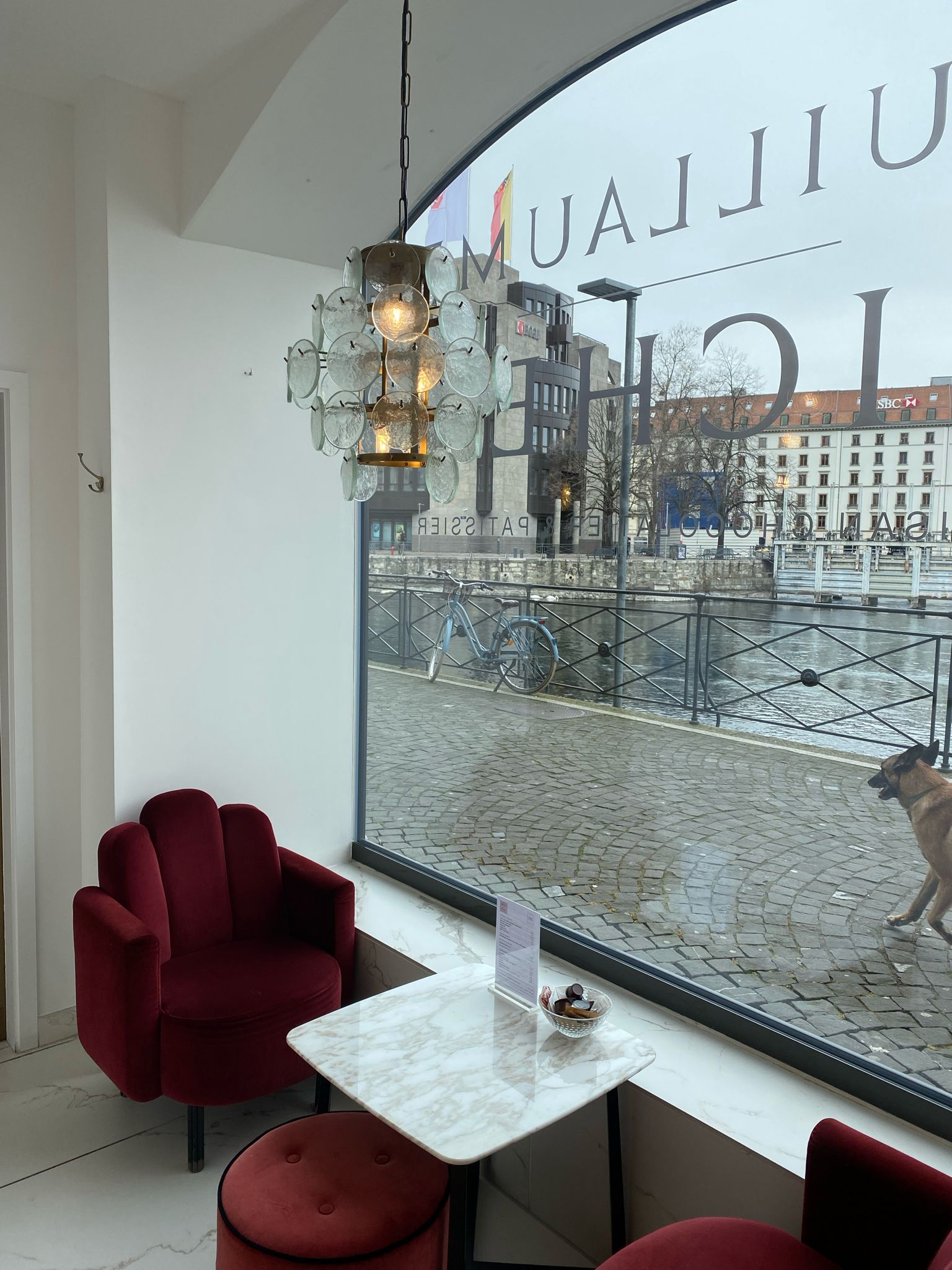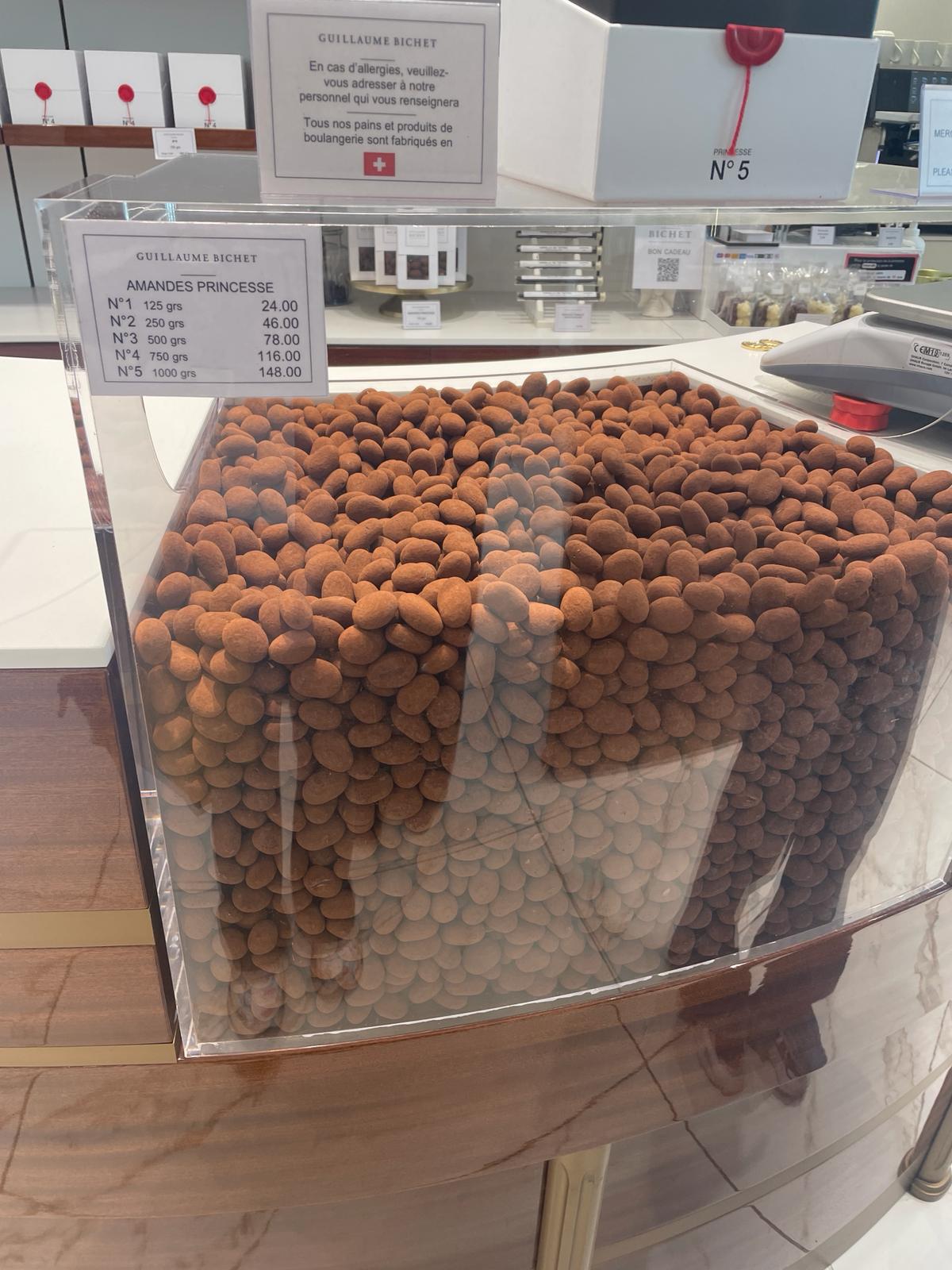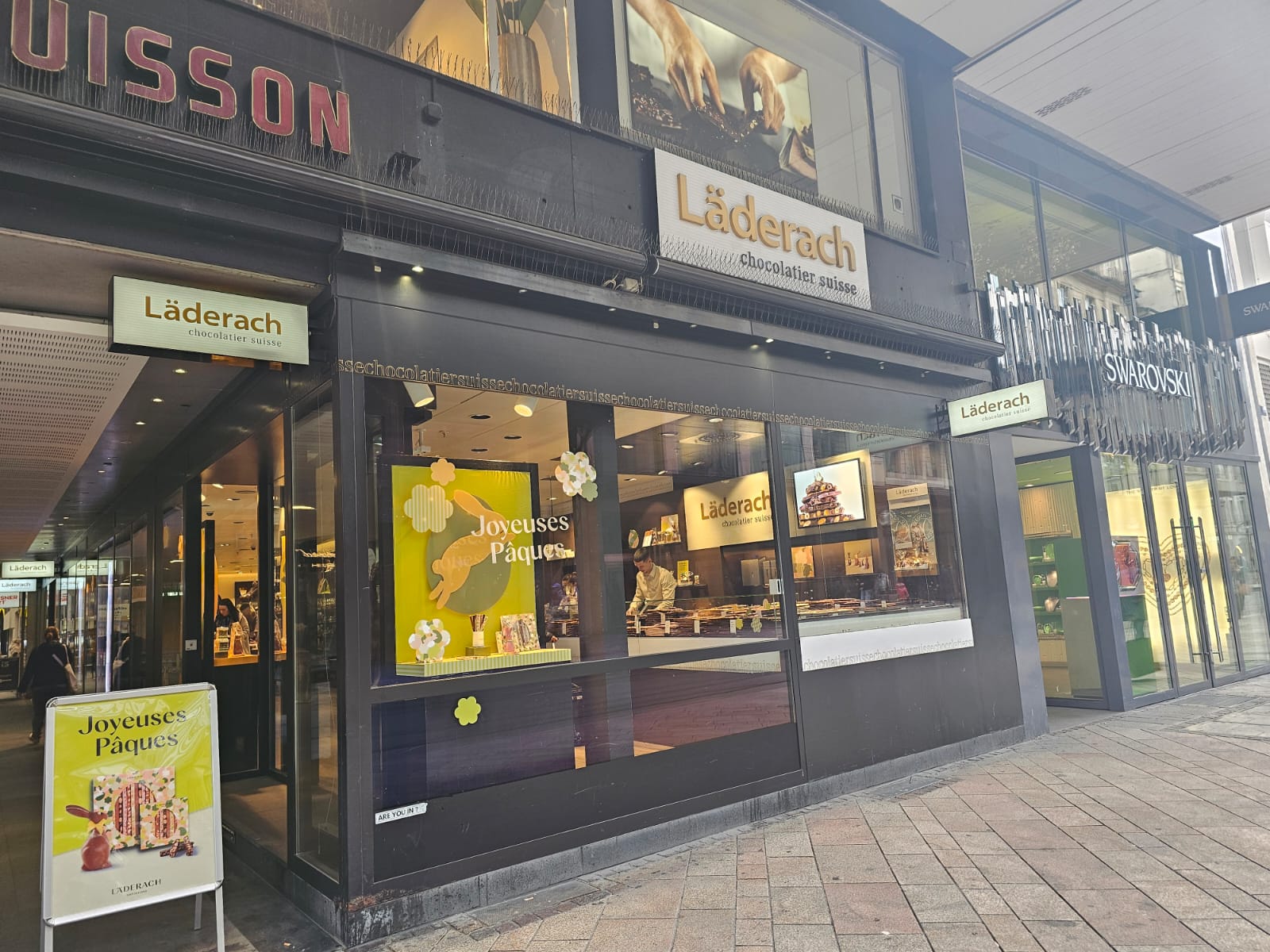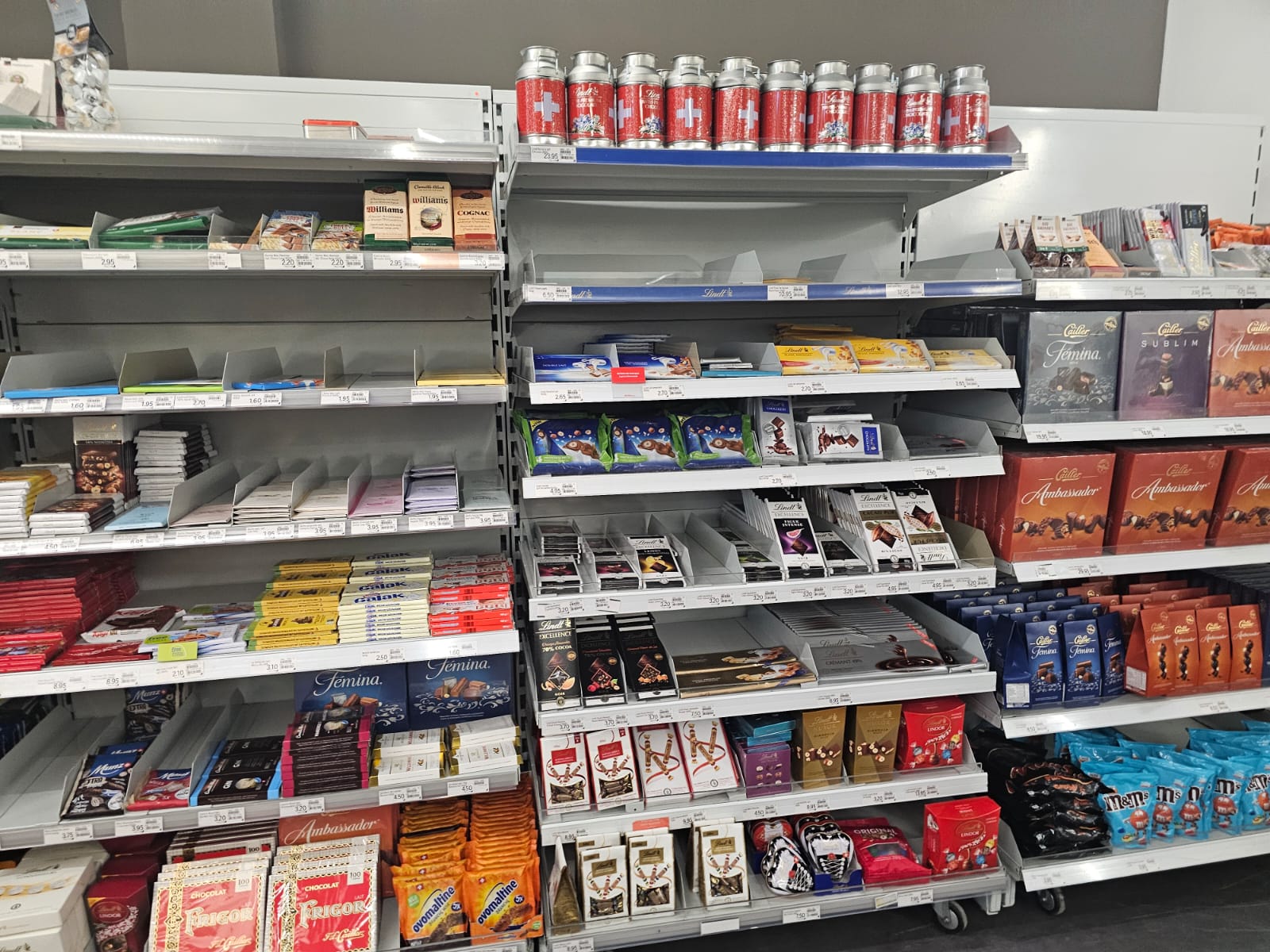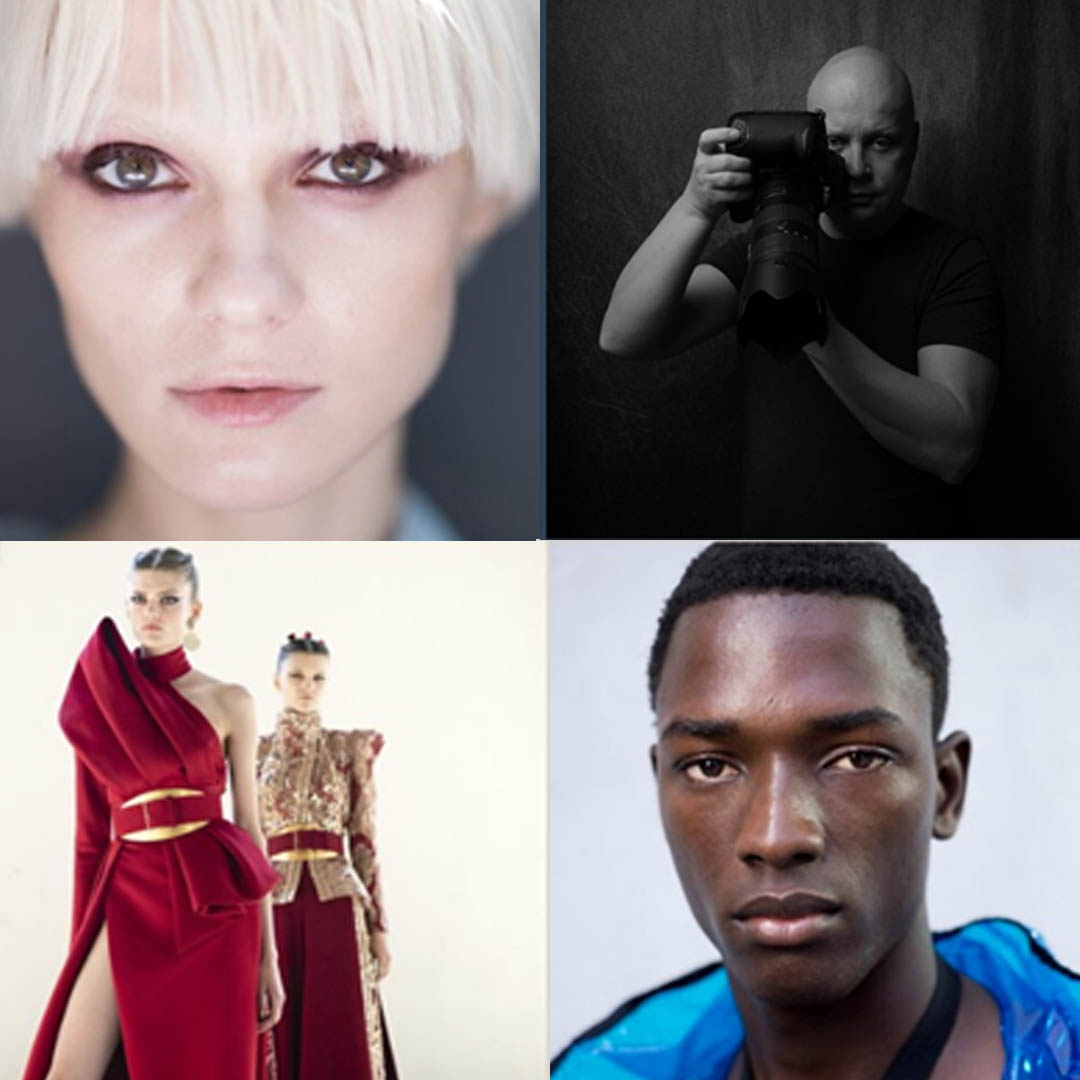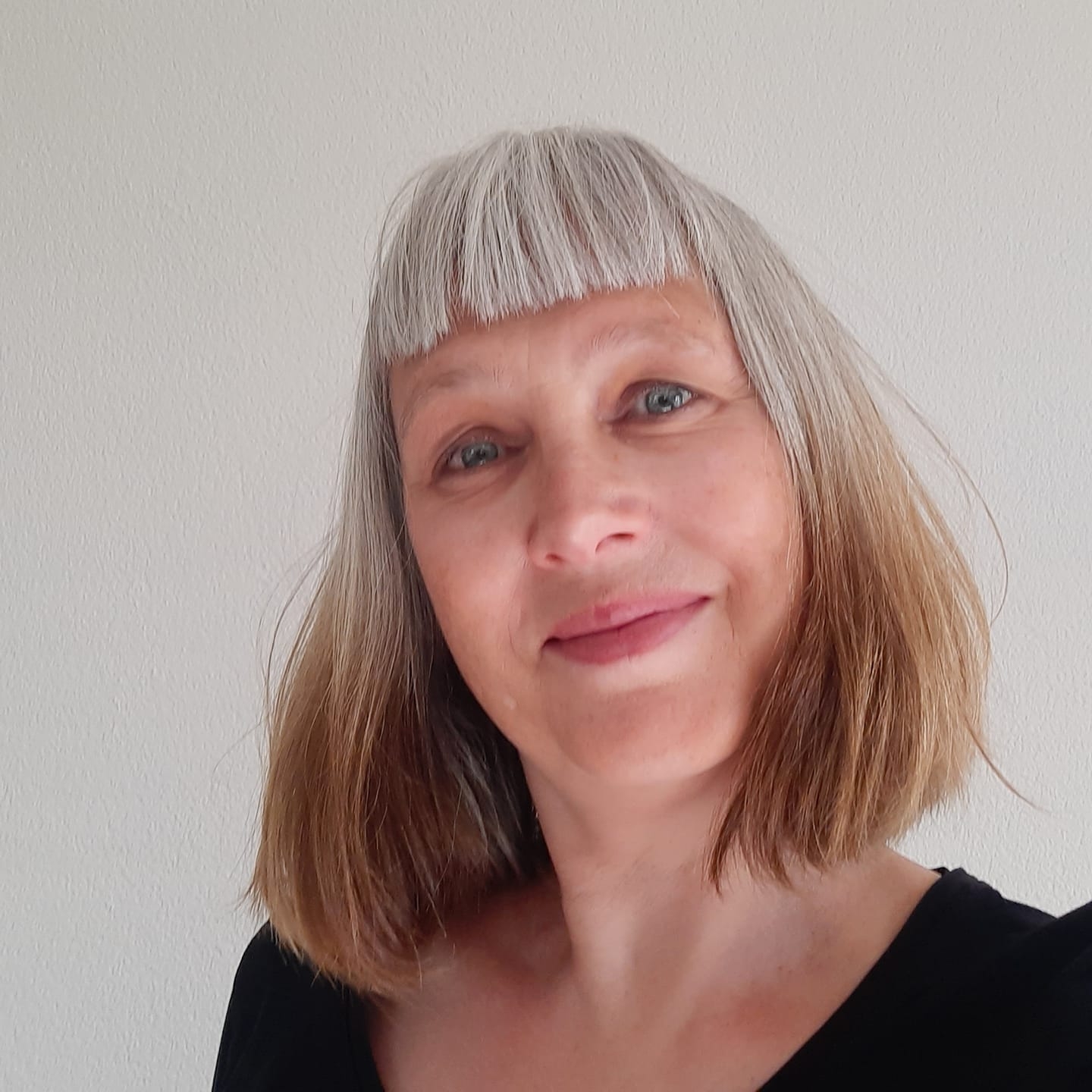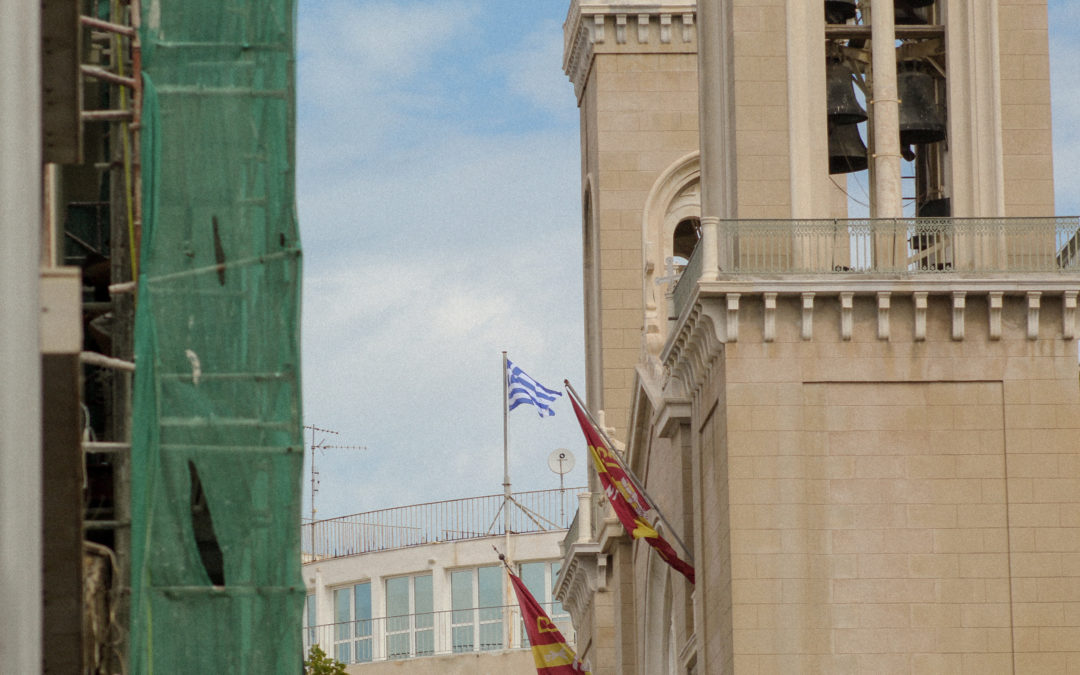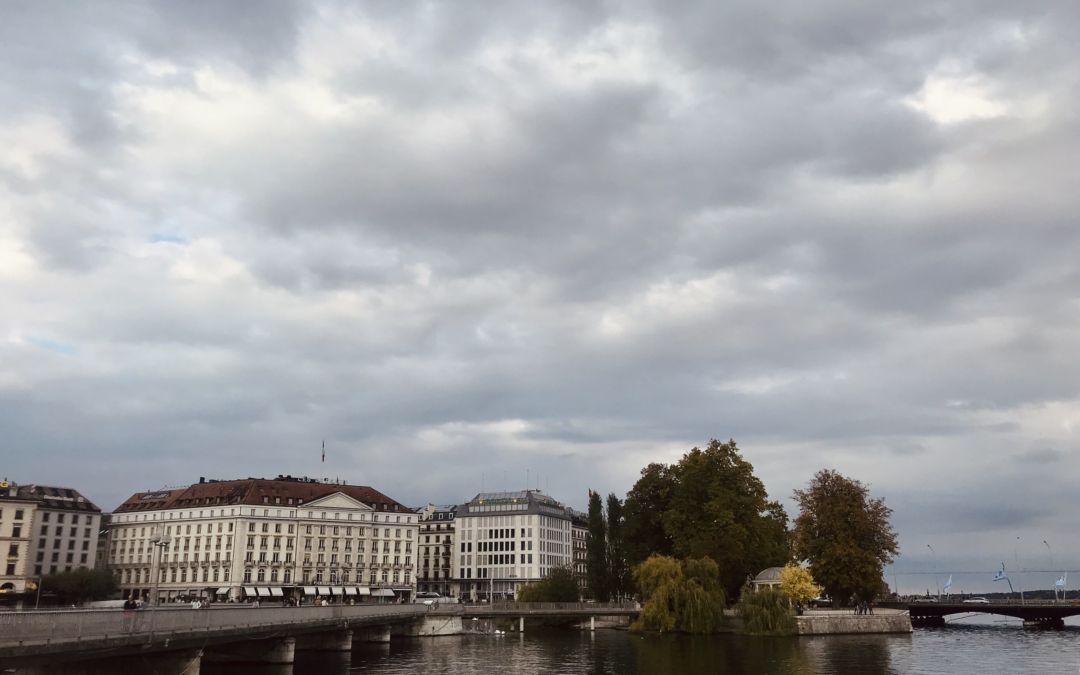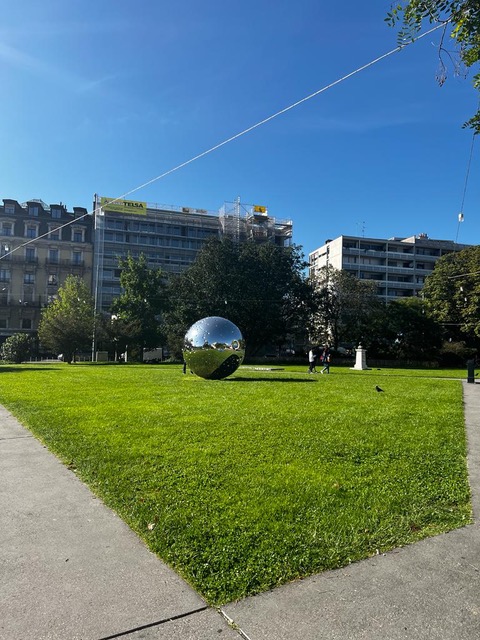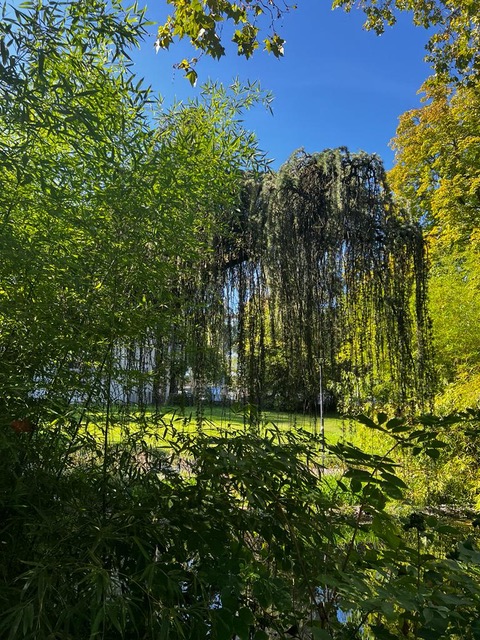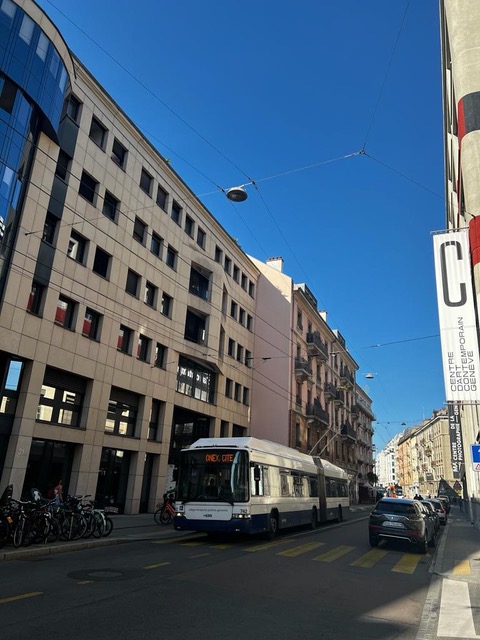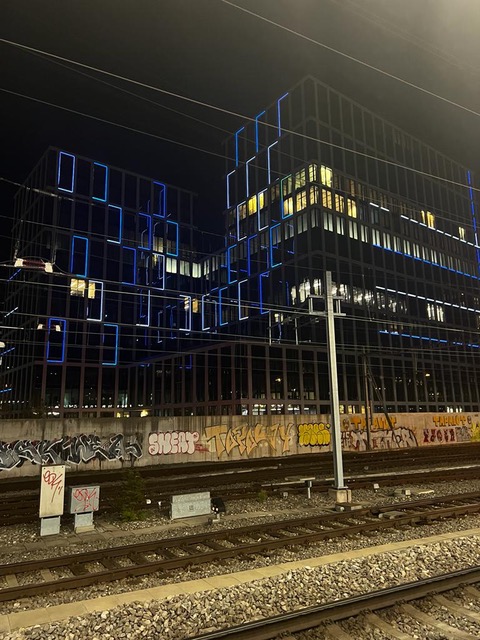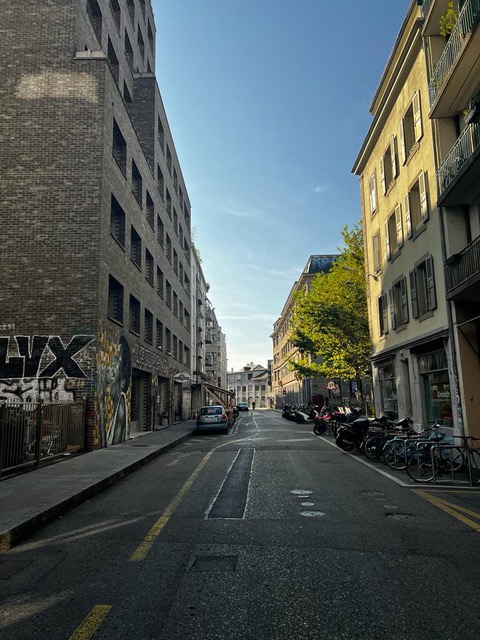
Webster Feminist Club Magazine
Introduction
Lorelei McCampbell
After spending three terms at Webster, I noticed the lack of community and organization surrounding gender advocacy—a topic which is often found naturally in university spaces. In creating Webster Feminist Club, my goal was to create room for discussion on campus surrounding the broad topic of feminism, in a space which welcomes everyone. Regardless of previous knowledge or thoughts on the subject, whether you are a passionate advocate or you have never heard of feminism before, the club is for you.
The Webster Feminist Club magazine is a collection of art made by students and of art admired by students. Whether it be poetry, photography, drawings, or excerpts from books, students were asked to respond to the general theme of intersectional feminism.
The theme is broad and purposefully so—Webster is a community of diverse identities, and this journal provides space for students to touch on any aspect of their identity they wish.
Key Terms & Definitions
So we’re all on the same page going forward, here are some terms and definitions which are important to know.
Feminism: the belief in social, economic, and political equality of the sexes.1
“Feminism is a movement to end sexism, sexist exploitation, and oppression.”
Misogyny: dislike of, contempt for, or ingrained prejudice against women.
Patriarchy: a system of relationships, beliefs, and values embedded in political, social, and economic systems that structure gender inequality between men and women.4
Intersectionality: the complex, cumulative way in which the effects of multiple forms of discrimination (such as racism, sexism, and classism) combine, overlap, or intersect especially in the experiences of marginalized individuals or groups.

Anonymous
“My postpartum was the hardest thing I had to go through in my life. The people I loved the most were my enemies, and their support was their words of judgment towards me as a mother. I was disgusted at myself because I was disgusted at my baby.”
The House
Lorelei McCampbell
The House: three girls, Mom and Dad. A house of femininity, dolls, basement dress-up. A house of dancing in the kitchen and singing too loud—cookies bake in the oven. A house of encouragement to daydream. Daydream like a romantic:
Open fields of wildflowers and summer evenings by the lake. Soft songs sung by a crackling fire, guitar soothes the room to sleep. The world is limitless and beautiful and warm in the House.
But the world grows fast and your mind does too. Because suddenly that girl in your seventh grade class gets prettier every day. And when you layed in bed with your best-friend freshman year, well, you’ve never felt that way before. And your chemistry lab partner makes you laugh so embarrassingly hard and you like it so much it’s bad.
The House asks:
how’d you all end up like this?
Heads get shaved, ears, noses, eyebrows, lips get pierced. You bring someone home to meet Mom and Dad but it’s not who they were expecting.
But it’s so good, god, it’s so good. We all get it.
We share our femininity as we share our rejection of it as we share our acceptance, our empowerment of it. We challenge the world and we try to be strong, but we know we cry so easily, far too easily (it must be genetic). Because I don’t know how we all ended up like this.
So different, each our own to the extreme. Yet so similar, the instructions on ‘how to live’ have been ingrained into us in the same way. To struggle and to blame the House to blame our lives. And to celebrate and to love the House and to love our lives.
How’d we all end up like this?


Journal Entries
Anonymous
Embrace and Empower
Ashli Sartorelli
This series captures the raw, unfiltered essence of femininity through close-ups of skin and form. Each photograph is a testament to the power of physical expression and the intimate embrace of one’s own body. These images challenge the traditional perceptions of femininity, celebrating the beauty, strength, and complexity inherent in the female form. Focusing on tight skin grabs and the natural curves of the body, the collection confronts societal norms and advocates for a feminist perspective that honors autonomy, consent, and personal identity.
In capturing these moments, I hope to provide a canvas for viewers to project their interpretations and see a reflection of their inner selves within these frames. The session was a celebration of body positivity, marked by an atmosphere of self-acceptance and love. Through these images, I share a part of my identity and express a belief that everyone should embrace and love themselves for who they are and how they appear. It is my desire that this series not only resonates on a visual or aesthetic level but also inspires a personal journey of empowerment and self-discovery.


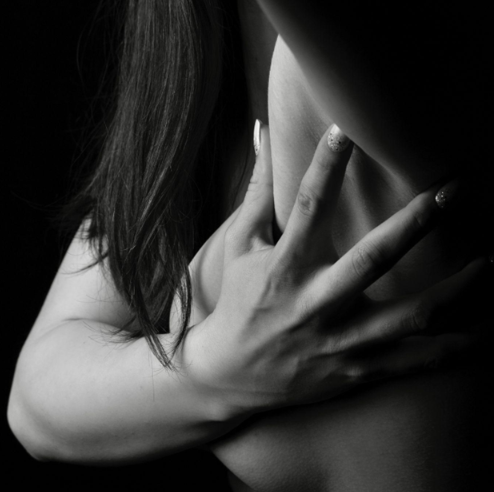

was i raped quiz
Anonymous
Those quizzes I used to frequent on the internet:
am i gay quiz
anxiety quiz
am i depressed quiz
am i some-feeling-or-symptom-i’m-experiencing quiz
If the results said what I wanted, then they were right.
If the results said the very answer I was dreading, then they were very wrong.
I wasn’t going to let a quiz (no matter how many said so) tell me I liked women.
And years later I found myself in a similar position.
Up later than I was supposed to be
And typing questions into the search bar, scared for someone to find me.
No one can know what words I’m typing, no one can know what links I’m clicking.
And no one can know what answers I am filling into these inaccurate, stupid, fucking, quizzes.
But perhaps the differences of the situation mean more:
In front of my laptop rather than a hand-me-down ipod touch
In a dorm room, not my childhood bed.
And the series of letters, which made three distinct words in the search bar.
The last word of utmost importance.
One far different from what I used to search:
Was I raped ?
And I clicked on the links. And I read the articles and did the stupid, fucking, quizzes.
But they kept telling me incorrect information.
They kept showing the very answer I dreaded. They therefore,
were wrong.
What is consent? they said
That sounds like sexual assault, they said.
Click here for more support, they said.
Want to talk to someone? they said.
But I wasn’t raped.
Because the thing with rape, is that you’d know if it happened to you, because it’s
Rape.
If I was raped I would know.
If I was raped I would know.
It actually was everything but rape.
It was a bad mistake, an unfortunate accident, some trauma I’ll deal with later.
It was my fault, I slipped up, he did nothing wrong,
It was just one night gone awry.
But the thing online quizzes didn’t tell me when I was thirteen
And didn’t tell me when I was eighteen
Though I guess knew the entire time
Was that they can’t tell you shit.
And if you’re searching the question ‘was i raped’
Into the search bar, nine-out-of-ten-times
you’ve answered it for yourself.
Searching for internal validation through online quizzes
Validation that can never be met
Searching the internet because if it can tell me I was gay
It can tell me I was raped.

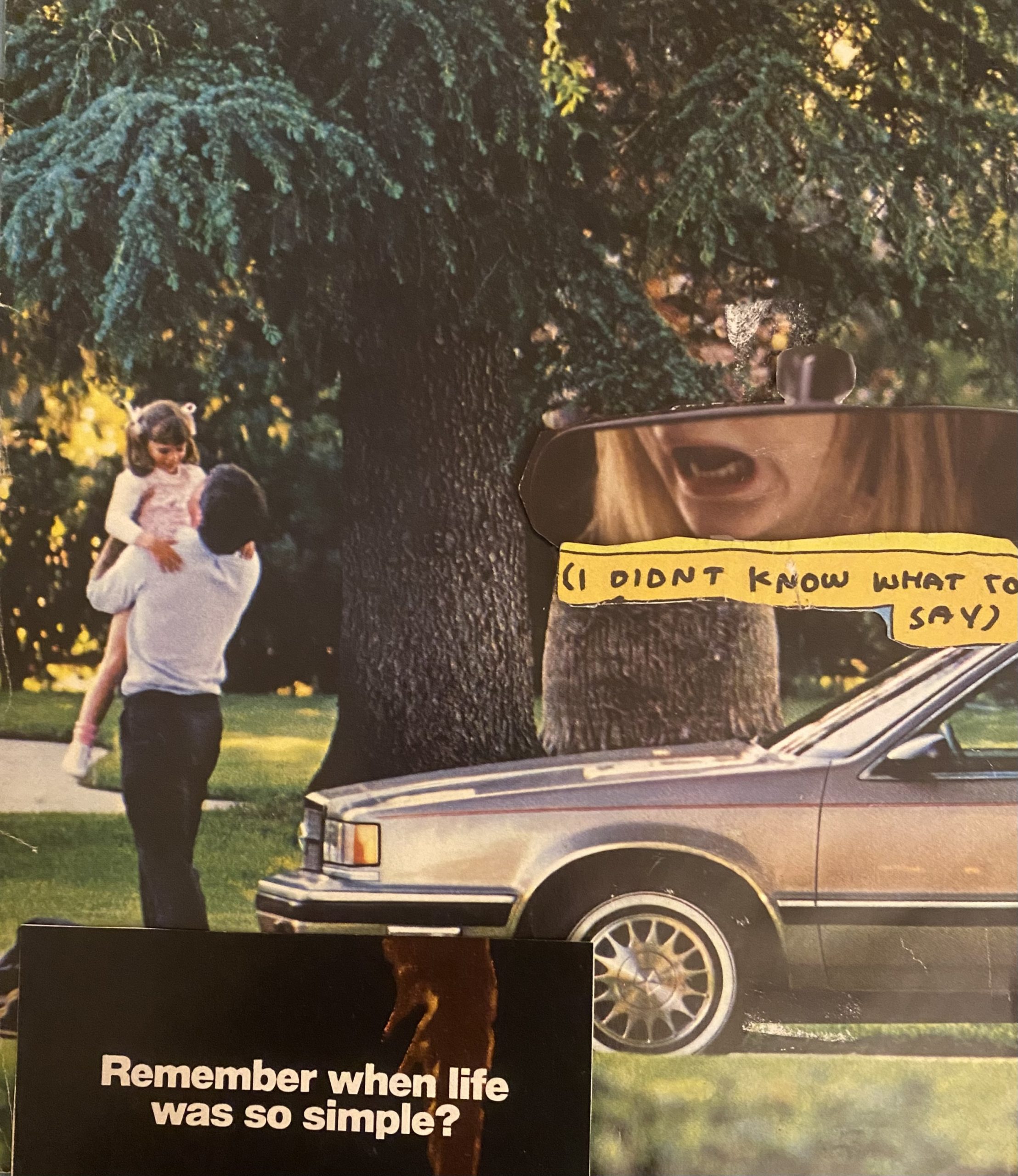
Title: Summer Bradford
Photography by Metin Volkan

Admired Artists’ Work
Still I Rise
Maya Angelou
You may write me down in history
With your bitter, twisted lies,
You may trod me in the very dirt
But still, like dust, I’ll rise.
Does my sassiness upset you?
Why are you beset with gloom?
’Cause I walk like I’ve got oil wells
Pumping in my living room.
Just like moons and like suns,
With the certainty of tides,
Just like hopes springing high,
Still I’ll rise.
Did you want to see me broken?
Bowed head and lowered eyes?
Shoulders falling down like teardrops,
Weakened by my soulful cries?
Does my haughtiness offend you?
Don’t you take it awful hard
’Cause I laugh like I’ve got gold mines
Diggin’ in my own backyard.
You may shoot me with your words,
You may cut me with your eyes,
You may kill me with your hatefulness,
But still, like air, I’ll rise.
Does my sexiness upset you?
Does it come as a surprise
That I dance like I’ve got diamonds
At the meeting of my thighs?
Out of the huts of history’s shame
I rise
Up from a past that’s rooted in pain
I rise
I’m a black ocean, leaping and wide,
Welling and swelling I bear in the tide.
Leaving behind nights of terror and fear
I rise
Into a daybreak that’s wondrously clear
I rise
Bringing the gifts that my ancestors gave,
I am the dream and the hope of the slave.
I rise
I rise
I rise.

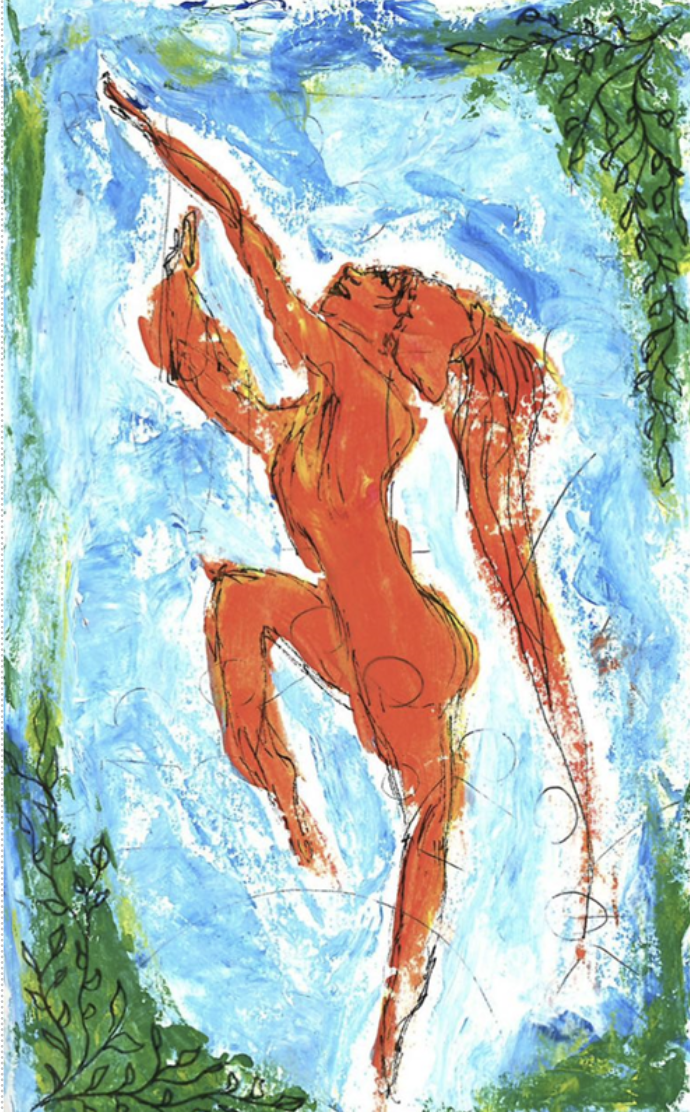
Artworks created by Angel Gutierrez
The Right to Sex
‘Talking to My Students About Porn’
Amia Srinivasan
Peggy Orenstein’s Girls & Sex: Navigating the Complicated New Landscape (2016), her bestseller about the sexual reality of young people in the twenty-first century, opens with a description of a welcome back’ school assembly at a large high school in California.
After reminders about attendance and warnings against alcohol and drugs, the dean addressed his female students directly: Ladies, when you go out you need to dress to respect yourself and respect your family… This isn’t the place for your short shorts or your tank tops or your crop tops. You need to ask yourself: if your grandmother looks at you, will she be happy with what you’re wearing?’ The dean then moved on to a discussion of sexual harassment. One of the seniors, a young Latina woman, jumped up and took the mic. “I think what you just said is not okay and is extremely sexist and promoting “rape culture”, she said. ‘If I want to wear a tank top and shorts because it’s hot, I should be able to do that and that has no correlation to how much “respect” I hold for myself. What you’re saying is just continuing this cycle of blaming the victim’ The rest of the students cheered.
I finished high school in 2003. At the time, girls wore their jeans slung low, pocketless and tight on the ass; shirts and sweaters were cropped to reveal pierced belly buttons and (if you were lucky) jutting hip bones. At a faculty board meeting – I was the student representative – the teachers discussed their alarm at how the girls were dressing. I don’t see how the boys are supposed to learn the quadratic equation, my maths teacher complained, ‘if they’re staring at a girl’s thong? I remember hearing him say the word thong made me feel sick. Were the boys really distracted – they seemed fine – or was my teacher projecting? I was furious, but at the time didn’t have the conceptual resources – slut shaming, victim blaming, rape culture – to say anything articulate. I think I may have managed something about how schools should be a safe place for students to explore their self-presentation, that it was the boys’ responsibility to learn how to do quadratic equations, that no one told the attractive boys to put bags over their heads lest the girls be distracted. But maybe I just thought these things. After the meeting faculty members took it as their right to tell girls to pull down their shirts and pull up their jeans.
The young women Orenstein discusses in Girls & Sex would have known, unlike my younger self, exactly what to say. They would not have been ashamed, as I and all my friends were, to call themselves feminists. How should we understand the relation between this raised state of feminist consciousness among young women, and what appear to be their worsening sexual conditions: increased objectifica-tion, intensified body expectations, decreasing pleasure, and shrinking options for sex on their terms? Perhaps girls and young women are becoming more feminist because their worsening circumstances demand it. Or perhaps, as Orenstein suggests, feminist consciousness is for many young women a mode of false consciousness, which plays into the hands of the very system of sexual subordination they take themselves to be opposing. Does a discourse of sexual empowerment and autonomy mask something darker and unfree? The feminist philosopher Nancy Bauer writes about asking her women students why they spend ‘their weekend evenings giving unreciprocated blow jobs to drunken frat boys’. They tell me they enjoy the sense of power it gives them,’ she writes. You doll yourself up and get some guy helplessly aroused, at which point you could just walk away. But you don’t.’
Malak Mattar
Mattar is a Palestinian artist from Gaza. She began exploring art during the 2014 Gaza War as a way to express trauma and emotions.
